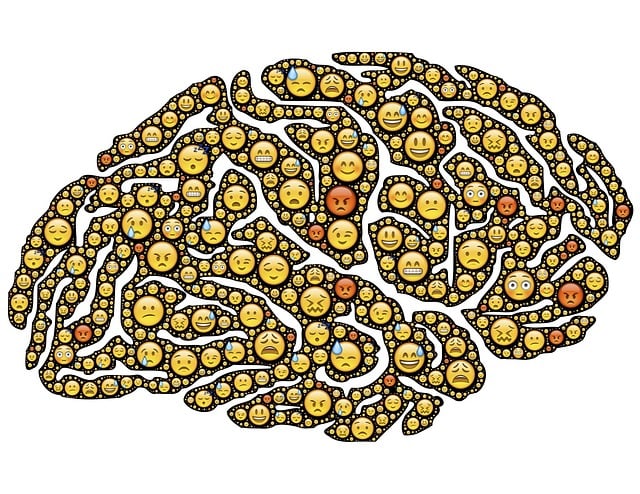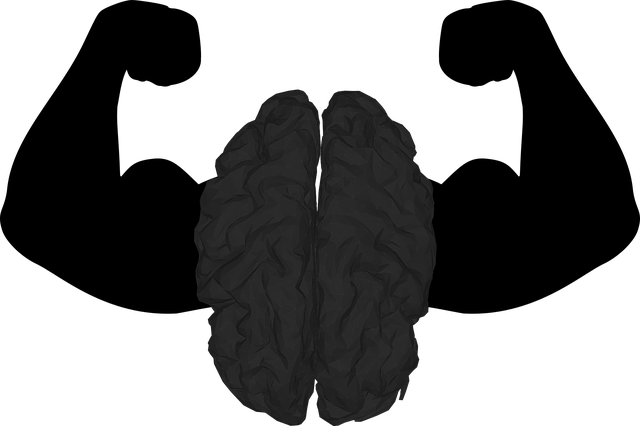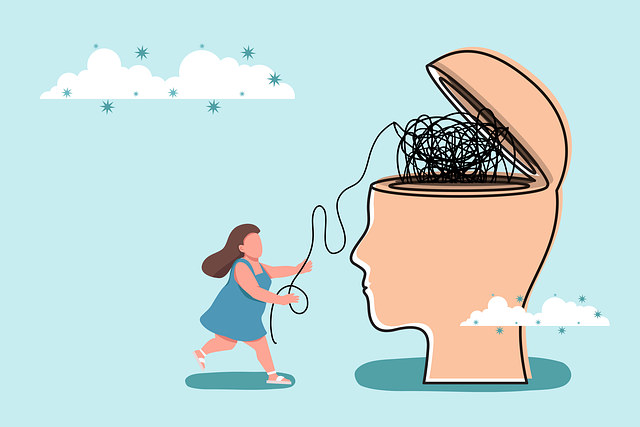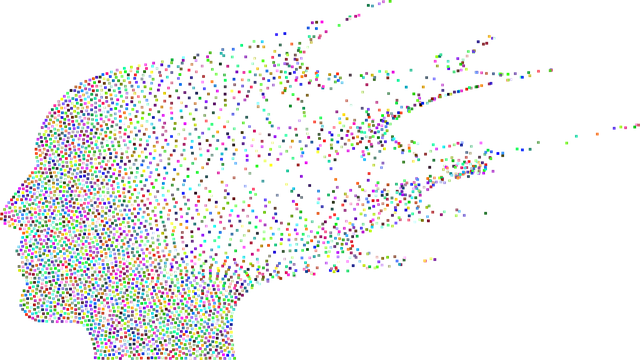Denver Gender Identity Therapy (DGIT) understands that addressing community needs requires a focused, holistic approach, especially for LGBTQ+ individuals with gender identity issues. They collaborate with local mental health organizations and integrate mindfulness meditation programs to fill support gaps. Their strategic outreach involves creating safe spaces, sharing experiences, and building connections through workshops, discussions, and peer support, fostering a resilient, connected community. DGIT tailors its initiatives based on qualitative feedback, ensuring programs like these promote mental wellness, reduce stigma, and create sustainable impacts in Denver's diverse communities.
Community outreach programs play a vital role in addressing mental health disparities, especially in urban centers like Denver. This article explores the strategic implementation of such initiatives, focusing on Denver Gender Identity Therapy as a case study. We’ll delve into understanding community needs by identifying gaps and collaborating with local organizations. Furthermore, we’ll present inclusive program design strategies for effective outreach, emphasizing the importance of engaging diverse communities. Finally, best practices for evaluating success and fostering continuous improvement in mental health support will be discussed.
- Understanding Community Needs: Identifying Gaps and Collaborating with Local Organizations in Denver
- Designing Inclusive Programs: Strategies for Effective Outreach and Engagement for Gender Identity Therapy
- Implementing and Evaluating Success: Best Practices and Continuous Improvement in Community Outreach for Mental Health Support
Understanding Community Needs: Identifying Gaps and Collaborating with Local Organizations in Denver

Understanding Community Needs involves a deep dive into the unique challenges and aspirations of Denver’s diverse population. For instance, Denver Gender Identity Therapy (DGIT) has recognized gaps in support for individuals navigating gender identity issues, often leading to feelings of isolation and low self-esteem. By collaborating with local organizations dedicated to mental health, DGIT has been able to integrate programs that address these specific needs, promoting mindfulness meditation as a tool for mood management.
This partnership underscores the importance of community outreach in tailoring services to address Denver’s diverse social landscape. By working together, these organizations can leverage resources and expertise to offer holistic solutions, enhancing overall well-being. This approach not only benefits individuals seeking self-esteem improvement but also contributes to a more resilient and connected community, where mindfulness practices are accessible to all.
Designing Inclusive Programs: Strategies for Effective Outreach and Engagement for Gender Identity Therapy

Designing inclusive community outreach programs for Denver Gender Identity Therapy (DGIT) requires a nuanced approach to effectively engage and support diverse populations. It’s essential to go beyond surface-level awareness and foster genuine connections by addressing specific needs and barriers within the LGBTQ+ community, with an emphasis on trans and gender non-binary individuals. Strategies should focus on creating safe spaces where folks can access resources, share experiences, and build community.
Public Awareness Campaigns Development centered around mental wellness and mindfulness meditation can help break down misconceptions, promote understanding, and encourage open conversations about gender identity issues. By incorporating interactive workshops, panel discussions, and peer support groups, DGIT initiatives can enhance public awareness while providing practical tools for navigating the unique challenges faced by transgender individuals. This holistic approach ensures that outreach efforts resonate with communities they aim to serve.
Implementing and Evaluating Success: Best Practices and Continuous Improvement in Community Outreach for Mental Health Support

Implementing community outreach programs for mental health support requires a strategic approach to ensure success and positive outcomes. At Denver Gender Identity Therapy, we recognize that reaching and engaging diverse communities is essential to promoting mental wellness. One of the best practices is tailoring programs to meet specific cultural and social needs. This involves active listening and collaboration with local organizations, especially those focused on fostering social skills training and stress management workshops. By understanding the unique challenges and strengths within each community, our organization can develop targeted interventions that resonate deeply.
Evaluation is a crucial component of continuous improvement. Measuring program success goes beyond attendance numbers; it involves gathering qualitative feedback from participants and community members. This data helps us assess the impact on mental health awareness, reduce stigma, and identify areas for enhancement. By incorporating regular evaluations and adapting our strategies based on these insights, Denver Gender Identity Therapy strives to create sustainable programs that foster meaningful connections and support long-term mental wellness within diverse communities.
Community outreach programs play a pivotal role in expanding access to essential services, such as Denver Gender Identity Therapy. By understanding local needs, designing inclusive programs, and implementing best practices, organizations can effectively reach and support diverse communities. Collaborative efforts with local organizations in Denver have proven instrumental in identifying gaps and developing tailored solutions for mental health support. Continuous improvement through evaluation ensures these initiatives remain relevant and impactful, fostering a more inclusive and supportive environment for all.














